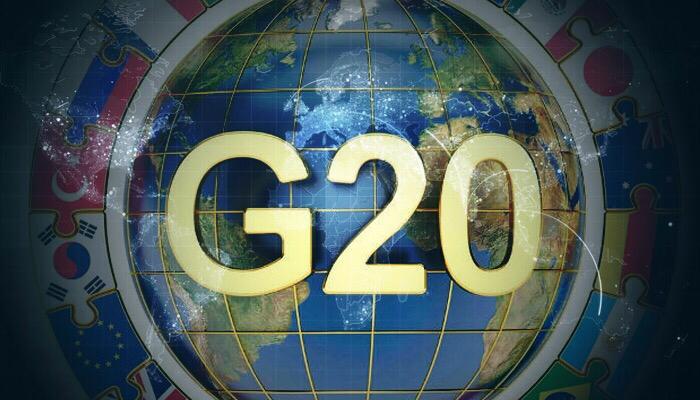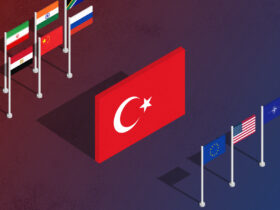The Finance Ministers of the world’s 20 leading economies came together before the annual G20 summit.
The officials discussed global tax policy in the Japanese city Tsukuba before the conference began in Osaka on June 28.
During the talks, representatives of the participating countries discussed the problems of artificial intelligence, social networks and the global economy.
Statements
Japan’s finance minister, Tarō Asō, said it was time to revise a policy of tax breaks for the largest financial corporations, in order to direct more resources toward strengthening the national economy and the well-being of the population.
US Treasury Secretary Stephen Mnuchin favored the idea of abolishing tax concessions to large joint-stock companies and agreed that corporate taxes should be raised.
Spoke with @Bill_Morneau on the positive economic and trade relations between the U.S. and Canada and the economic importance of passing #USMCA. pic.twitter.com/PnvVkfRet2
— Steven Mnuchin (@stevenmnuchin1) June 8, 2019
France’s Finance Minister Bruno Le Maire announced that the French state intends to reduce its participation in the production and sale of Renault-Mitsubishi-Nissan vehicles to 15%.
Always a pleasure to see @BrunoLeMaire and discuss the longstanding U.S.-France relationship. pic.twitter.com/Yae8tc04f3
— Steven Mnuchin (@stevenmnuchin1) June 8, 2019
The first official statement on artificial intelligence
For the first time, the G-20 countries agreed on principles for dealing with artificial intelligence. They are spelled out in a joint statement which was issued on Saturday.
The document states that developers and users of AI technologies must respect basic legal principles, human rights and democratic values. A “human-centered” approach was also noted. AI systems must be “stable, protected, and reliable” throughout their use and must not carry any unacceptable risks.
Measures against Facebook and Google
The G20 countries agreed to create rules for eliminating tax loopholes being exploited by Facebook, Google, Amazon and other large technology firms, introducing a “digital tax.”
A digital tax will help ensure that large corporations pay taxes in all countries in which it provides services.
Other topics
Mnuchin was particularly pleased with a recent deal struck between the United States and Mexico, calling it “very, very significant” and a “very important outcome”.
On June 7, Washington and Mexico City reached an 11th-hour deal on migration following tariff threats by President Donald Trump. Mexico agreed to send military units to the border to help combat illegal immigration.
Some agreements were signed at the meeting as well. Turkey has signed a contract with Canada. Turkey’s Trade Minister Ruhsar Pekcan and her Canadian counterpart Jim Carr noted that the agreement will help “to increase commercial relations and investment between Turkey and Canada.”

















Leave a Reply